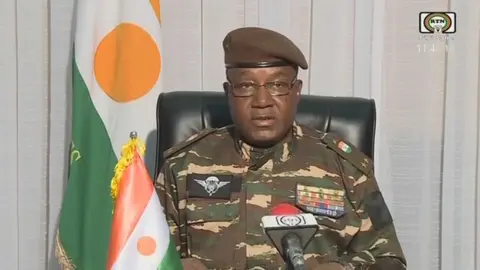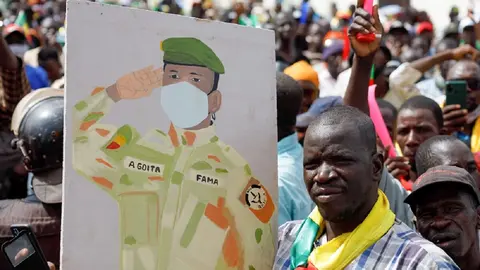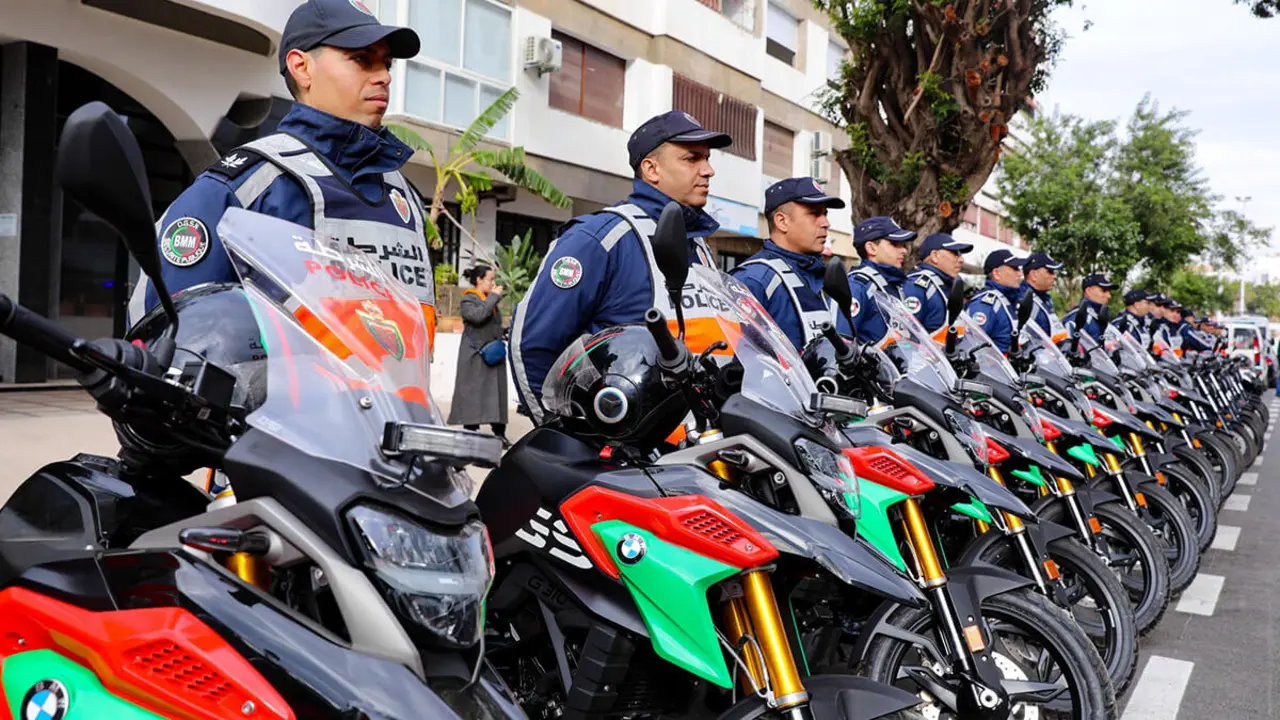Timbuktu suffers under jihadist blockade

The people of Timbuktu thought it was just another intimidation when the jihadists announced a blockade of this Malian city. Now they live almost cut off from the world and suffer the harsh reality, with trade at a low ebb and worries for their safety.
"We thought these were lip service messages, just to spread psychosis," says Abdul Aziz Mohamed Yehiya, a civil society representative. "But what we are experiencing now is exactly the same as a blockade".
The Group for the Support of Islam and Muslims (GSIM), a jihadist alliance affiliated with the al-Qaeda network and fighting for years against the Malian state, announced in messages in August that it was declaring "war in the Timbuktu region".
A local commander of the organisation, Talha Abu Hind, warned that trucks from Algeria, Mauritania and other countries would no longer be allowed to enter the area. Those that did would be "attacked and burned".
Testimonies gathered on the spot and by telephone by AFP tell what daily life has become for the tens of thousands of inhabitants of this city with a multi-secular history and heritage, where trucks no longer enter, where one risks one's life when leaving the house, and where basic necessities are scarce, when the occasional shell falls.
Some inhabitants speak with their faces uncovered, others ask for anonymity.
One resident who recently returned to Timbuktu by motorbike says he was practically the only one on the road. "I only saw heavily armed jihadists with 12.7 mm machine guns on motorbikes," he says.
Because the road was so dangerous, the Niger River to the south was a good alternative for transporting goods and people.
But this option ended on 7 September with an attack on a ferry, blamed on jihadists, in which dozens of civilians were killed. Navigation was suspended until further notice, says a river company official.
"Unsustainable"
As for air transport, Sky Mali, the only company working with Timbuktu, cancelled its flights after a shell attack on the airport perimeter.
The jihadists have extended their influence into the rural areas around the cities, not so much to take them over, but to increase pressure on the state.
The military junta, faced with security problems in most parts of the country, downplays the effects of the blockade, which it does not refer to as a blockade.
In this regard, Prime Minister Choguel Kokalla Maiga praised the resilience of the locals in a meeting earlier this month with representatives from Timbuktu.
"For a moment, you have to sacrifice everything to reverse the trend. And that is done with pain".
Meanwhile, trade in Timbuktu languishes.
"There are only parked trucks that can't even move. Right now, not a single lorry enters Timbuktu," says Umar Baraka, president of a youth association.
"We are in a crisis", and there is a shortage of sugar, milk and oil, adds Baba Mohamed, a shopkeeper. "If things continue like this, many shops will have to close," he adds with concern.
The lack of products also translates into speculation.
"A litre of petrol costs 1,250 francs (2 dollars), whereas it used to cost 700 francs," says Umar Baraka.
"The situation is untenable, the people of Timbuktu are suffering," laments Abdul Aziz Mohamed Yehiya, a civil society figure.
Added to all this is the fundamental problem of security, especially with the withdrawal of the UN mission at the behest of the military junta that governs Mali.
Since the start of its withdrawal, the jihadists have stepped up the pressure. On Thursday, the Malian army reported that two people were killed in a jihadist shell attack on the town.
"People used to go out to have fun. But that is disappearing, because of the shells falling in the middle of the street. People are very afraid," says a neighbour.










